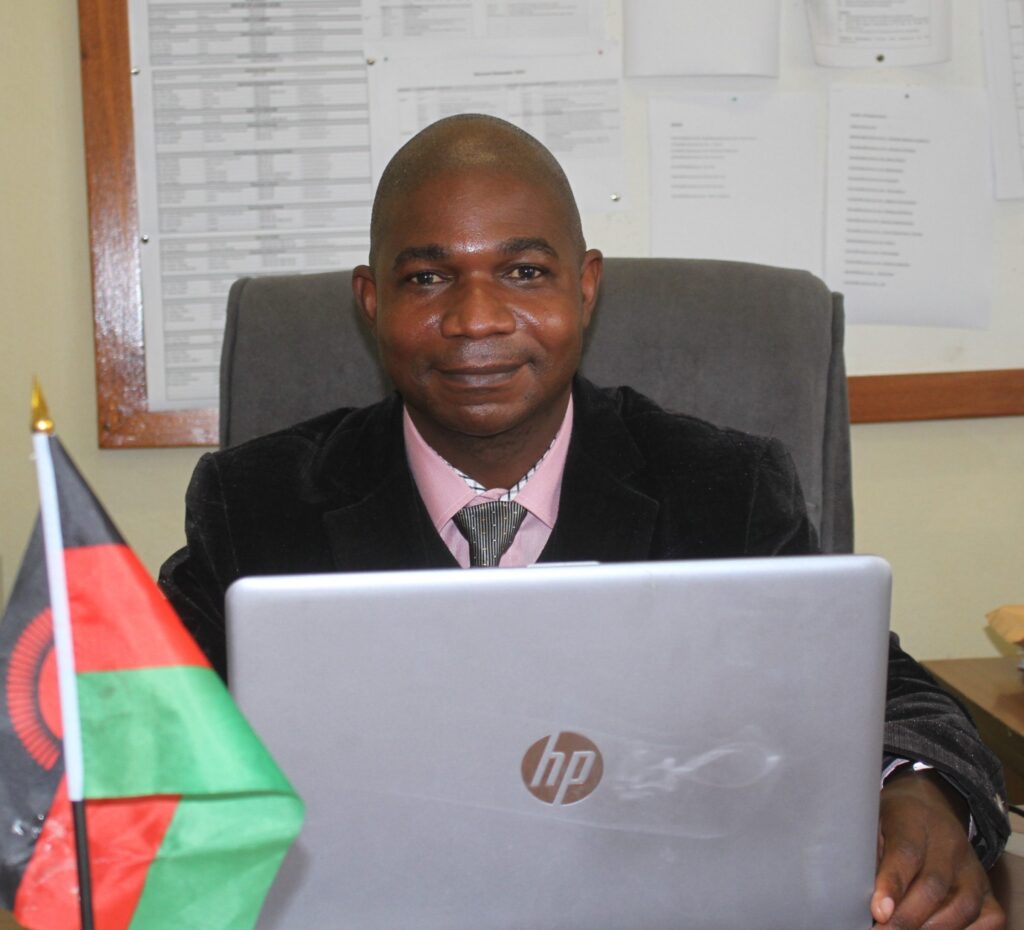MALAWI: It’s Time to Move from Free to Forensic Speech, Says Director of Academic Affairs CUNIMA

Father Wilfred Sumani SJ; Director of Academic Affairs at the Catholic University of Malawi
Luke Bisani
Testimonies shared by Malawians during the pre-multiparty era show the country’s freedom of speech was another bolt searched in the sky by citizens.
Intimidation’s, killings, and beatings were some measures used by authorities against those who dared to open their mouth against the then ruling party Malawi Congress Party.
Breaking the record of silence, Malawi’s Catholic Bishops authored a Pastoral Letter in 1992 that fueled a change to the country’s government system from one-party to multi-party under a democratic process.
Malawi adopted a multi-party democratic system of government in 1993 which paved way for freedom of speech and allowed the citizenry to make critical and meaningful contribution to government decisions on how the people wanted society to function.
Calls to have sound freedom of speech in the country gained momentum with the establishment of more media channels in the country that allowed many citizens to have free speech.
With the coming of social media and the internet, people’s participation in freedom of speech has grown stronger as people easily share their thought at the click of a button.
Phone-in programmes on radio and television stations, Facebook, and Twitter are some that have created a wider space for people to actively share their thoughts on matters affecting their lives.
Much as there is an increase in the numbers of citizens participating in free speech, an academician who is a Director of Academic Affairs at the Catholic University of Malawi (CUNIMA) Father Wilfred Sumani SJ has expressed a need to move from free speech to forensic speech.
Fr Sumani has argued that people must move from free speech to forensic speech as they share their thoughts on matters affecting the public.
“Without concrete evidence, everything can be dismissed as allegations, smear campaigns, fake news even as hate speech,” said Fr Sumani.
He further disclosed a need to have concrete evidence on some reports shared in the country arguing that reports are shared on beliefs shared in the communities.
The academician has urged citizens to exercise their right to freedom of speech with evidence saying the country’s development rest on the shoulders of active participation in their freedom of speech.
For the past years, Malawians have actively been involved in the freedom of commenting on matters affecting the country including corruption reports through social media.
However, some reports are seen to be fake due to a lack of evidence from the people who share the reports.


